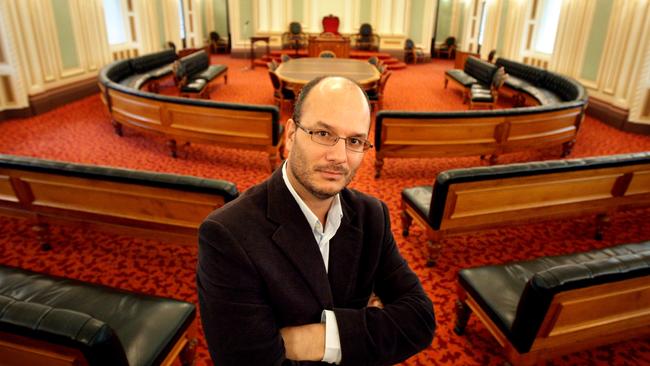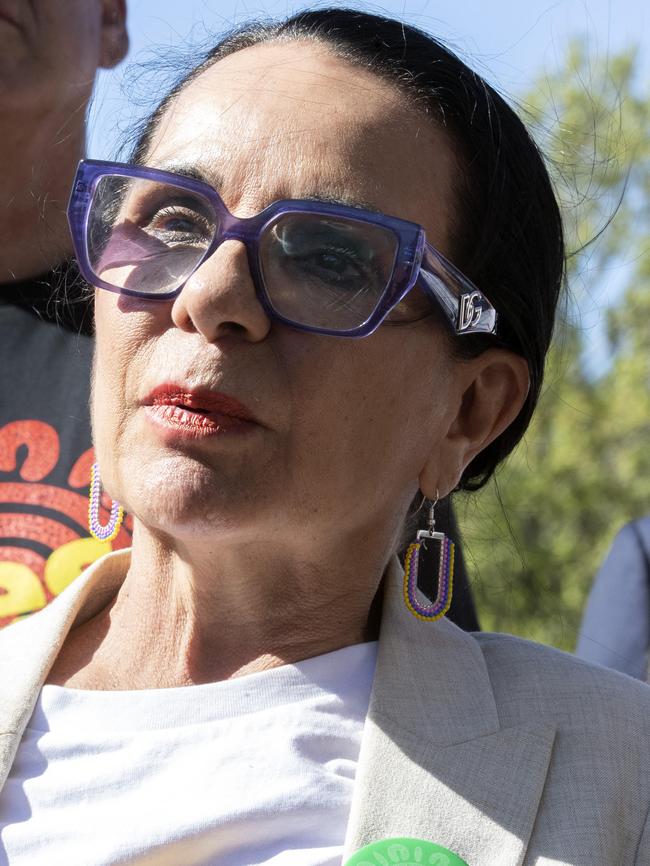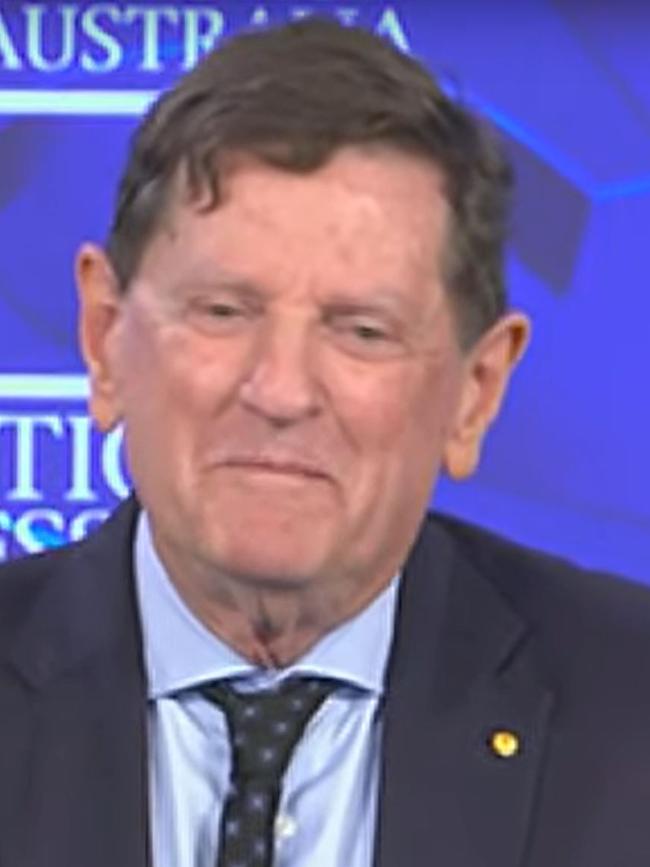Indigenous voice to parliament: Laws pose threat to powers of the states
An Indigenous voice to parliament could significantly expand the commonwealth’s legislative powers over the states, new legal analysis of the proposal has found.

An Indigenous voice to parliament could significantly expand the commonwealth’s legislative powers over the states, new legal analysis of the proposal has found.
Nicholas Aroney, from the University of Queensland, and lawyer Peter Congdon, from Ashurst Lawyers, found the proposed alteration to the Constitution could allow the commonwealth to expand its powers over areas currently the domain of state responsibility.
Professor Aroney and Mr Congdon find the proposed change to the Constitution will trigger “a readjustment to the popular foundations of the Australian federal system at the most fundamental level”.
“The proposed constitutional alteration has real potential to expand the commonwealth’s legislative powers vis-a-vis the states,” they write in their research paper, The Voice Referendum and the Federal Division of Powers.
“By empowering the commonwealth parliament to make laws ‘with respect to matters relating to … the voice’, the proposed constitutional alteration would also confer a legislative power of ‘great width’,” they write in a 36-page paper that sets out a number of legal reasons why the proposed new chapter to the Constitution could upend division of powers in the federation.
“(T)here is reason to think that such a power would expand the commonwealth’s existing powers … we contend that it represents a material increase in the commonwealth’s existing powers.”
An explanatory memorandum published alongside the referendum bill in March says the commonwealth parliament could “make laws both about the voice’s constitutionally enshrined function of making representations to the parliament and the executive government, and to confer other functions on the voice, such as to make representations to state or territory parliaments or governments”.
“In discussion about the upcoming Indigenous voice referendum there has been little analysis or comment on the potential impact of the proposed constitutional amendment on the division of powers between the commonwealth and the states,” Professor Aroney and Mr Congdon write. “Neither of the official Yes or No cases make any reference to this issue.”
Every premier and chief minister reaffirmed their support for the voice during a meeting of the Council for the Australian Federation in Adelaide on Friday.
At a phone bank event for the Yes campaign at Sydney Town Hall on Thursday night, Indigenous Australians Minister Linda Burney thanked volunteers.
“We are winning it conversation by conversation,” she said.


“Do not think for one minute that what you are doing doesn‘t make a difference. It does … do not think for one minute that this is not winnable. It absolutely is.
“This is not just about Aboriginal people, it is about all Australians, and that is why it’s going to be such a unifying moment for this country.”
On Friday former High Court chief justice Robert French said matters relating to the Indigenous voice could spill into the High Court if a government official breached their obligations to seek Indigenous input or a condition had not been “satisfied”.
But Mr French dismissed the suggestion “activist judges” could undermine the parliament, warning rulings about the voice that pushed the boundaries would be readily overturned.
“You go to court and say, I want you to exercise that power properly, take account of what I have said … and there’s nothing activist about that. That’s kind of an administrative law 101,” Mr French said at the National Press Club on Friday. “Of course, if you get a judge who pushes the boundaries and strains a result, then that judge would get overturned on appeal anyway. So I don’t see that as a real threat.”







To join the conversation, please log in. Don't have an account? Register
Join the conversation, you are commenting as Logout